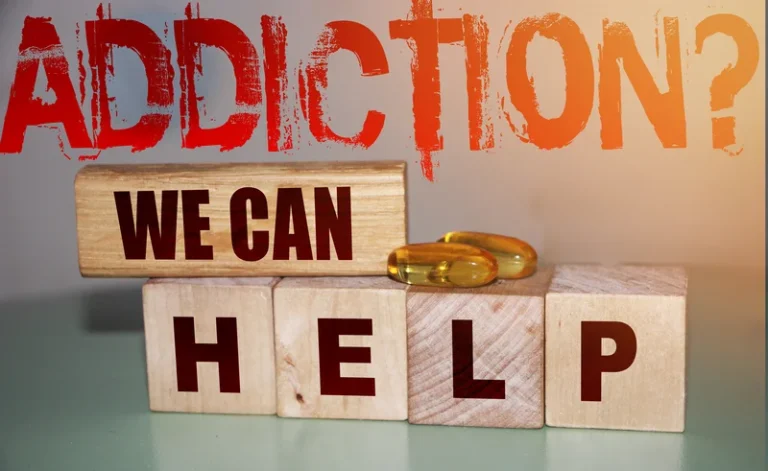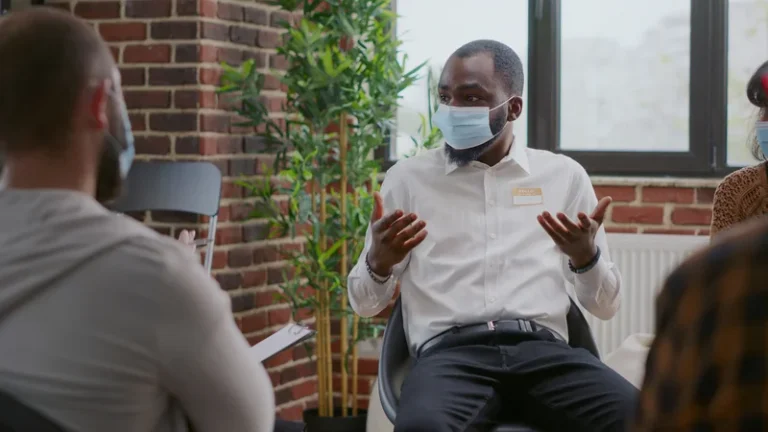According to research, more than 1.5billion working days are lost due to headaches. In fact, headaches have the power to turn the best of occasions into total torture. Despite other causes that can cause headaches such as chronic illness, we have an obvious cause which if you wanted you could avoid. In this article, we will discuss alcohol headaches after one drink and how to effectively treat the condition. Drinking alcohol could create more of a risk factor for tension headaches in some people, but truth be told, people who don’t drink alcohol at all can still get tension headaches. There are animal studies that suggest a potential link between alcohol’s inflammatory effects and headaches.
Find more top doctors on
A person may experience migraine after drinking if they are susceptible to it. Some people may experience an alcohol-related migraine between 30 minutes and 3 hours after drinking. 2021 research also linked lifestyle factors with alcohol drinking and smoking to cluster headaches and their severity.
- If alcohol only occasionally causes you a headache, then moderation or striking that balance (as opposed to abstinence), may be a more reasonable approach.
- You should continue to seek proper medical attention and access information to help alleviate the burden.
- Many people have experienced a headache after drinking alcohol — especially after drinking too much.
- These individuals commonly cite wine, especially red wine, as a migraine trigger.
- We recommend a look at our patient guides, which include useful information including how to talk to your doctor about migraine.
- After hours of drinking, you may notice that you visit the bathroom a lot more.
Does Type of Alcohol Matter? Which Alcohol Is Best for Headaches?
The Alcohol Use Disorders Identification Test is used by medical professionals to diagnose signs of AUD. You’ll need to visit your doctor or trained medical professional to get an official diagnosis. Remember, part of the reason why alcohol gives me (and you) a headache is that it dehydrates you. Get in touch with a member of our team today, or learn more about how it works.
Alcohol as a Migraine Trigger
These chemicals may also trigger migraine headaches in certain people. According to the National Headaches Foundation, alcoholic beverages contain ethanol; when you drink alcohol, it makes your body to lose fluids which leads to dehydration. Severe cases of dehydration affect the fluids around the brain and decrease the blood pressure as well as the flow of blood to the brain. Reduced blood pressure in the brain can cause pain and sensitivity due to widening arteries to blood flow which in most cases results to headaches. Whether alcohol acts as a trigger is really a case-by-case basis for people with migraine. For some people, it could be the amount of alcohol consumed that triggers an attack.
If you’ve identified wine as a common headache trigger, your best bet might be to avoid drinking wine. That could mean no more reds, no more whites, or no more wine at all. Sulfites are compounds that help preserve red and white wine. If you’re sensitive to sulfites, you’re more likely to experience breathing problems than headaches, though. Grape skins also contain plant chemicals called tannins, which help give wine its flavor. Tannins also prompt your body to release serotonin, which may cause headaches in some people.
- Then consider joining our Move Against Migraine support group on Facebook so you can connect with others who live with migraine.
- It has been seen in many studies all over the world that one-third of those who suffer from regular migraines have noted that alcohol is one of the main things to trigger them off.
- This indicates that people with migraine and other headache diseases may be more likely to give up alcohol because they perceive it as a possible migraine trigger.
- You’ll soon start receiving the latest Mayo Clinic health information you requested in your inbox.
What Causes a Wine Headache and How to Avoid One
These include hydrating, eating carbohydrates, and taking certain painkillers. A person should avoid acetaminophen as it can worsen the effects of alcohol on the liver. A person should take ibuprofen or aspirin with caution as they could irritate the lining of the stomach. Most people are well aware of the presence of headache, malaise, diarrhea, loss of appetite, tiredness, nausea and sensitivity to light, sound and motion the day after binge drinking.
- However, if you still experience a migraine attack after drinking any kind of alcohol, the best solution is to avoid alcohol altogether.
- There is only one sure way if treating an alcohol-related headache.
- Many different factors can contribute to a hangover as a result of drinking.
- It also looks at ways to manage the other symptoms of a hangover and when to contact a doctor.
- Even a modest amount of alcohol can cause people with migraine to develop a delayed headache or trigger an attack.
- Drinking plenty of water before having a drink should also help ward a cocktail headache off.
The Headache Doctor’s Tips for Drinking Alcohol Without Pain
If you notice consistent patterns, then chances are it’s the alcohol that’s causing your migraine headache. People can talk with their doctors alcohol causes migraines about possible methods to prevent or ease alcohol-induced headaches. Research still needs to determine which remedy is most effective.
Tannin, a component in red wine, has been long considered the culprit. If you have chronic headaches, identifying and avoiding your triggers can substantially improve your quality of life. To determine if drinking is one of yours, it’s helpful to learn the signs of alcohol-induced headaches. Without a consistent cause-and-effect situation, though, it could be a number of factors — not just alcohol — that are triggering your migraine headache.
How little is enough to make an impact the next day?
امتیاز شما به این مطلب





